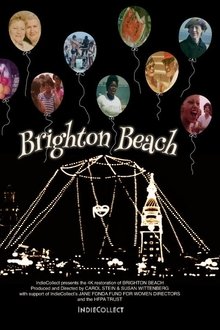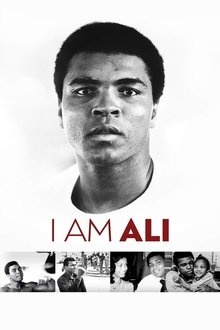This beautiful and poignant film was commissioned by TENI (Transgender Equality Network Ireland) and is a conversational piece which explores gender identity and transgender experiences in Ireland.
Related Movies

Little White Lie (2014)
Lacey Schwartz grew up in a typical upper-middle-class Jewish household in Woodstock, NY, with loving parents and a strong sense of her Jewish identity - despite the open questions from those around her about how a white girl could have such dark skin. She believes her family's explanation that her looks were inherited from her dark-skinned Sicilian grandfather. But when her parents abruptly split, her gut starts to tell her something different. At age of 18, she finally confronts her mother and learns the truth: her biological father was not the man who raised her, but a black man named Rodney with whom her mother had had an affair.

Dying To Live (2014)
'if you only had one year left of your life, what would you do?' This question asks Swiss author Franz Hohler. His answer: 'Make death your adviser to live life to the fullest.' He is one of several carefully chosen Swiss citizens who give us an insight into their personal views on life and death. Besides these colorful, oftentimes funny quotes we meet Tom, a 50-year old male that has been diagnosed with incurable brain tumor. Contrary to what one would expect, Tom takes his sickness not as a burden but as a chance and lives his life happier than ever before. This to the surprise of his family and friends and above all - himself. The film encourages people to live life more consciously.
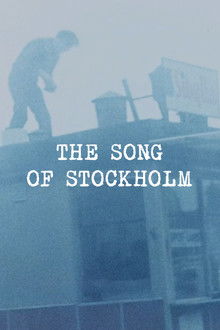
The Song of Stockholm (1981)
Filmed during Jonas Mekas’s travels in 1981, this short captures scenes from Stockholm. The footage was later included in his 2003 compilation film Travel Songs (1967–1981).

The Song of Italy (1967)
Filmed during Jonas Mekas’s travels through Italy in 1967, this short captures scenes from the country’s cities and countryside. The footage was later included in his 2003 compilation film Travel Songs (1967–1981).
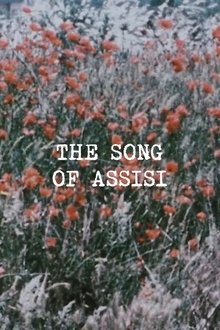
The Song of Assisi (1967)
Filmed during Jonas Mekas’s visit to Assisi in 1967, this short documents his time in the city known for its spiritual associations. The footage was later incorporated into his 2003 compilation film Travel Songs (1967–1981).
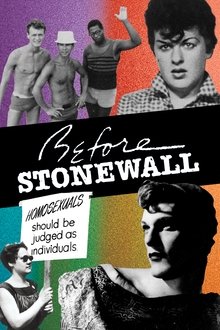
Before Stonewall (1984)
New York City's Stonewall Inn is regarded by many as the site of gay and lesbian liberation since it was at this bar that drag queens fought back against police June 27-28, 1969. This documentary uses extensive archival film, movie clips and personal recollections to construct an audiovisual history of the gay community before the Stonewall riots.
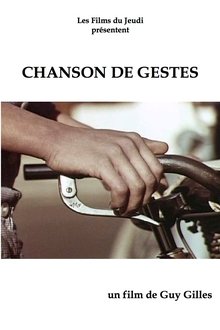
Chanson de gestes (1966)
Choreography of familiar gestures that the author was able to spice up with a peculiar and original perspective.
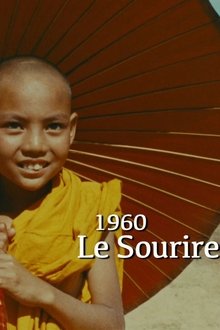
Le Sourire (1960)
In the year that Cannes Film Festival handed out awards to Federico Fellini for La Dolce Vita, L'Avventura by Michelangelo Antonioni, and Kagi by Kon Ichikawa -- 'Le Sourire' won the Palme d'Or for Best Short Film in 1960. This quiet and intelligent film is a remarkable interpretation of a young monks perspective into a world of meditation, sacred geometry, and coming of age. A tribute to Buddhism, introspection and the wonders of nature...a short but lasting work of art.
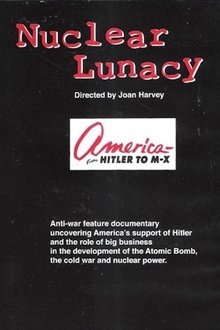
America: From Hitler to M-X (1982)
Anti-war feature documentary uncovering America's support of Hitler and the role of big business in the development of the atomic bomb, the Cold War, and nuclear power.
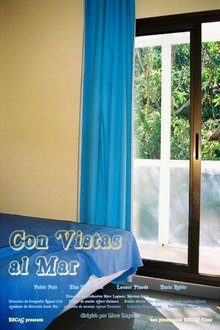
With Sea Views (2021)
After consolidating itself as a tourist destination in the mid-1960s, this small coastal village has become the dormitory town for the workers of a Nuclear Power Plant. With the liberal promise of prosperity and socioeconomic wellfare, many workers left their homes to move to the small city and started working at the new Nuclear Power Plant. The collective unrest and the silence, cut off by the great gusts of wind, articulate the landscape of the village that is now under the aid of the Nuclear Power Plant.
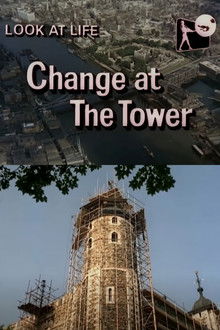
Look at Life: Change at the Tower (1967)
A look at the day-to-day running of the historic Tower of London and coping with up to 16,000 visitors each day. A stunning display of the Crown Jewels.
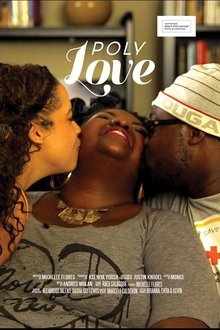
Poly-Love (2016)
A documentary that approaches polyamory from the intimate point of view of an Afro-American family who decided to live an authentic life without denying the option of diversity in their love and family.
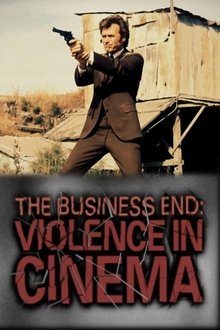
The Business End: Violence in Cinema (2008)
An unflinching look at the ongoing debate on violence in movies and its effect on the audience.
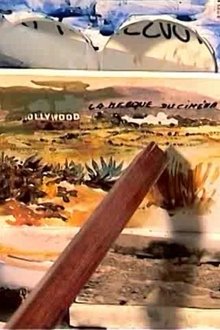
Amateur Report (Exhibition Model) (2006)
Director Jean-Luc Godard reflects in this movie about his place in film history, the interaction of film industry and film as art, as well as the act of creating art.


